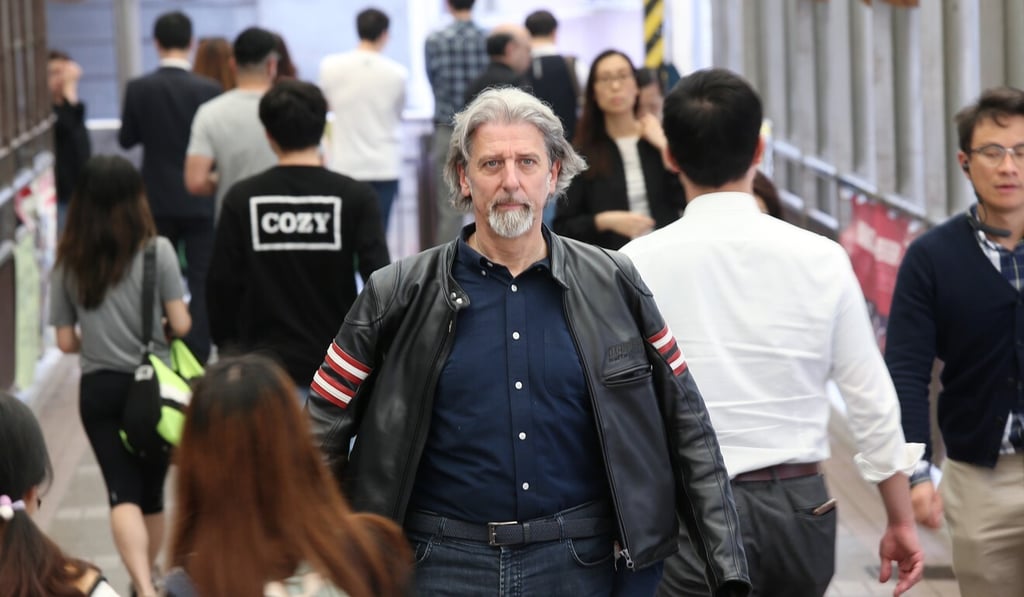Hong Kong district councils at a standstill as opposition members barred from holding meetings or electing new heads
- As disqualification over new oath rule looms, remaining opposition members complain they are being frozen out by officials’ preferential treatment, and residents will suffer
- Pro-establishment rivals, however, say the deadlock will not affect matters, as they are communicating with authorities via various channels

At least four of Hong Kong’s 18 district councils have come to a standstill with a wave of disqualifications looming and remaining opposition members barred from holding committee meetings or electing new chairmen to fill vacant seats.
The trend among the municipal-level bodies is only expected to worsen, as government sources told the Post “dozens” of pro-democracy councillors would be unseated as early as this month over violations of new oath-taking requirements under the Beijing-imposed national security law.
Councillors from the opposition camp accused officials of being “obstructive” and harbouring political agendas, saying residents would suffer as talks on district affairs came to a halt.
“The councils do not have to be paralysed even though we have far fewer members, as long as the Home Affairs Department cooperates … [Officials] are now trying to use the law to stop everything as much as they can,” said Paul Zimmerman, one of the four remaining members on the previously 17-strong Southern District Council.
But pro-establishment councillors said the deadlock in meetings would not affect their work, as they had been communicating with officials directly through various channels to reflect district needs.

As of Sunday, 256 – or 57 per cent – of 452 elected councillors had resigned, following unverified media reports suggesting that those in breach of new mandatory oaths of allegiance might have to return all wages and subsidies received since they took office in January 2020.